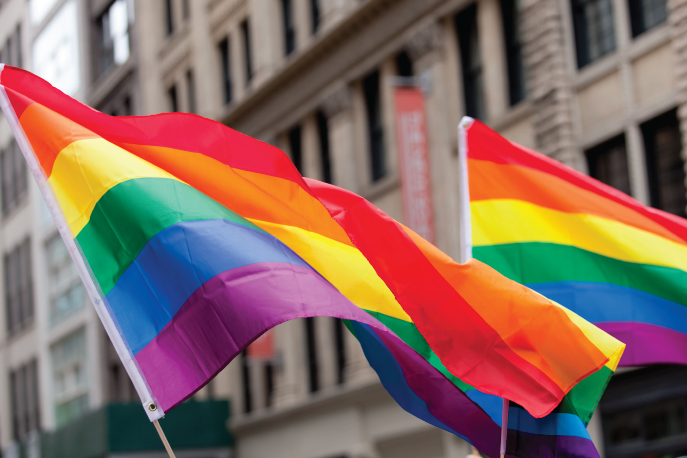In the midst of Pride Month, it’s been a conflicting week for LGBTQ rights.
The Trump administration’s decision to eliminate rules protecting transgender individuals from discrimination in health care is unconscionable and will no doubt harm transgender people seeking health care, especially in the middle of a pandemic. And the murders of two Black transgender women – which led to major marches of outrage and solidarity – are yet another reminder that marginalized groups remain disturbingly vulnerable to violence.
At the same time, the Supreme Court ruled that the Civil Rights Act of 1964 protects LGBTQ employees from discrimination in the workplace, and the court’s decision suggests that the Trump administration’s actions would face serious legal challenges in court.
The decision is definitely progress and will ideally help to solve a persistent problem: LGBTQ workers face major difficulties in the job market and the workplace. For example, one study found that 20% of LGBTQ Americans report discrimination because of their sexuality or gender identity when applying for jobs – and this rate leaps to 32% for LGBTQ people of color. Another study found that 44% of transgender individuals did not receive a job they applied for because of their identities.
LGBTQ workers face major difficulties in the job market and the workplace.
But even when LGBTQ workers are hired, they are likely to experience discrimination. For example, a 2011 study found that 90% of transgender and gender non-conforming people report some type of workplace discrimination or harassment, and 6% reported they were victims of sexual assault at work; people of color generally reported higher levels of abuse.
The fear of being outed or facing consequences – such as being denied a promotion or fired – can make it challenging to report abuse. Now, LGBTQ workers nationwide will have a legal recourse if they face discrimination in the workplace. That said, more progress still needs to be made to improve the reality on the ground. Even with the Supreme Court’s decision, LGBTQ employees will continue to face workplace discrimination and may be reluctant to mount potentially expensive and frustrating legal challenges against their employers.
That’s why it is as important as ever to support LGBTQ workers of all races, orientations, and identities in what remains a very challenging environment.
Wondering what that means in practice?
– Educate yourself on the challenges facing LGBTQ workers. This report from the Human Rights Campaign is a good place to start.
– Examine your hiring practices, take steps to attract and retain diverse talent, and be a champion for qualified LGBTQ candidates during the hiring process.
– Train your staff on implicit bias and update your sexual harassment policy and training sessions to include guidelines for discrimination based on sexual orientation and gender identity.
– Vocally advocate for policies in your workplace that protect LGBTQ workers and empower them to participate in the workday without fear of discrimination or harassment.
For additional resources on LGBTQ issues, check out Demonstrate LGBTQ Access, Trans Lifeline, and the National Center for Transgender Equality.

